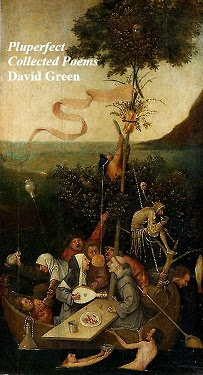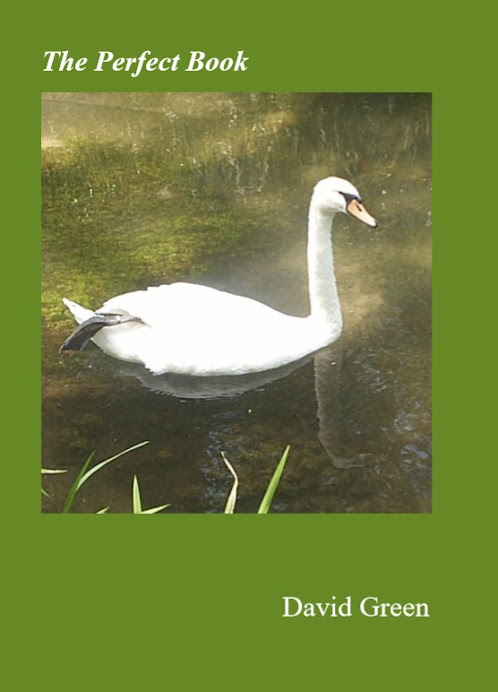Julian Barnes, The Man in the Red Coat (Jonathan Cape)
La Belle Epoque wasn't known as such until the Second World War. Such things have to be retrospective but it depends what they mean by 'belle'.
The Man in the Red Coat is Samuel Pozzi, surgeon, gynaecologist and ahead of his time. Julian Barnes brings together an account of the fin de siecle and after around this central character without it being biography as such. Luminaries like Oscar, Sarah Bernhardt, Proust, Maupassant and Gide are minor characters but we hear more about closer associates like Robert de Montesquiou and the abominable Jean Lorrain who, 'like a vulture',
fed off calumnies and filth peddled by salon-goers' servants, by kept women and fashionable pimps. Imagine the gurgling flow of the sewer outlet from a hospital.
It takes some doing to bring an elegant writer like Barnes to call you a 'special kind of maniac'.
Attitudes might have changed in the hundred years or more since but in an age that celebrated and tried very hard at decadence in certain circles,
sex, even in its more variant manifestations, can become normative, and therefore bourgeoise.
Impotence might be playfully parlayed into a statement of revolt against the despised bourgeoisie, and further evidence of the aesthete's superiority.
I'm a little bit perturbed to say that I at least understand what they meant.
In what is really a very long essay, Barnes covers the absurd machismo of duelling, the equal and opposite tradition of dandyism and finds a few opportunities to compare French and English (rather than British) culture.
When Louis Gregori fires two shots at Dreyfuss he is subsequently acquitted, Frenchly, on the grounds that he was not shooting at Dreyfuss but the 'idea of Dreyfusism'. The absence of the idea of 'crime passionel' in English law, by which murderers can be acquitted - perhaps we call it 'limited responsibility'- is another conspicuous difference but it mattered more when guns were easy to acquire and scandal and 'honour' were such big business.
Docteur Charcot, who studied
la maladie des tics, allowed his assistant, Dr. Gilles de la Tourette, to put his name to the condition which wasn't Tourette's last piece of dubious good fortune. As bullets appear to fly around Paris on any given pretext, Tourette is shot in the neck by a patient who claimed his hynotism had caused her to lose all her willpower and develop a split personality, but he survives.
The idea elsewhere that duelling somehow prepared France for more successful campaigns after recent humiliations is not supported by the low percentage of bullets that hit any part of their targets and lodge themselves in furniture instead.
But Pozzi, however he is perceived as progressive, innovative and successful in his surgery, is also a great seducer of his patients, and his marriage doesn't benefit from that and the journals of his daughter, Catherine, show her as damaged. Montesquiou's significance is probably now more as the model for Baron de Charlus in Proust than what he is remembered for beyond the pages of avid Barnesian Francophilia. But, as Barnes points out, in an ending that might seem too contrived in a novel, the guns and surgery and offended masculinity of la belle epoque come together in a neat denouement. Pozzi is shot by a patient, Maurice Machu ( ! ), that he has been treating for varicose veins of the scrotum and has suffered from erectile dysfunction which is deemed to be Pozzi's fault.
It's funny and horrible. It is French but not in the good way that so many French things, from Saint Emilion and Pauillac to Albert Camus and Depardieu films, are. As you'd expect from Julian Barnes, it is immaculately done, well judged and a pleasure to read. He finishes with a brief Author's Note, dated London, May 2019, despairing at the referendum result and how, in a longer perspective than usual, England has not been able to engage with Europe and, as they understand us all the better, we understand them less and less. But it's no good telling me and the rest of them maligned as the liberal, intellectual elite that. We know. And it's not a line of reasoning that's going to reach out and persuade non-Barnesians of its merit.
One great by product of books is how one leads to another and this first led to the ordering of a biography of Sarah Bernhardt. Not because she had a leg amputated which was preserved but then it transpired that somebody threw out the wrong leg in a clear out and sic transit such glorious relics.
I am also reminded that one project I have lined up for the endless days of forthcoming retirement from the office job is going back to Proust after 35 years or more, starting again, and getting beyond page 1200 this time, which might be incentive enough to keep on turning up at the office. I'm joking, of course.












